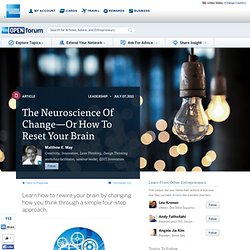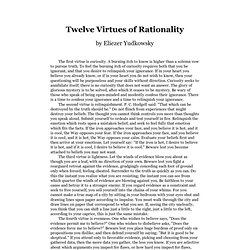

Mindset.jpg (JPEG Image, 600x448 pixels) Analytical Puzzles and Problems. Logic Problems - Very Easy. Logic Puzzles <p style="font-style:bold; color:red"> Warning: Solutions are currently displayed.

To hide and show the solutions as desired, enable javascript on your browser </span></p> 1. The Camels Four tasmanian camels traveling on a very narrow ledge encounter four tasmanian camels coming the other way. As everyone knows, tasmanian camels never go backwards, especially when on a precarious ledge. The camels didn't see each other until there was only exactly one camel's width between the two groups. How can all camels pass, allowing both groups to go on their way, without any camel reversing? Show Hint Show Solution Hint: Use match sticks or coins to simulate the puzzle. Solution: First a camel from one side moves forward, then two camels from the other side move forward, then three camels from the first side move forward etc... etc... 2.
Three men in a cafe order a meal the total cost of which is $15. Now, each of the men effectively paid $4, the total paid is therefore $12. Show Solution. Lab UK - Brain Test Britain results. The Neuroscience Of Change—Or How To Reset Your Brain : The World. Learn how to rewire your brain by changing how you think through a simple four-step approach.

July 07, 2011 The mysteries of the mind and brain are many and complex. Neuroscience, through the magic of technology is just beginning to unravel some of them. Given that my livelihood revolves around creativity, I have become fascinated with neuroplasticity. Neuroplasticity is the mind's ability to change the brain. Brain Games & Brain Training. Twelve Virtues of Rationality by Eliezer Yudkowsky. By Eliezer Yudkowsky The first virtue is curiosity.

A burning itch to know is higher than a solemn vow to pursue truth. To feel the burning itch of curiosity requires both that you be ignorant, and that you desire to relinquish your ignorance. If in your heart you believe you already know, or if in your heart you do not wish to know, then your questioning will be purposeless and your skills without direction. Curiosity seeks to annihilate itself; there is no curiosity that does not want an answer. The second virtue is relinquishment. The third virtue is lightness. List of unsolved problems in philosophy. This is a list of some of the major unsolved problems in philosophy.

Clearly, unsolved philosophical problems exist in the lay sense (e.g. "What is the meaning of life? ", "Where did we come from? ", "What is reality? ", etc.). Aesthetics[edit] Essentialism[edit] In art, essentialism is the idea that each medium has its own particular strengths and weaknesses, contingent on its mode of communication.
Art objects[edit] This problem originally arose from the practice rather than theory of art. While it is easy to dismiss these assertions, further investigation[who?] Epistemology[edit] Epistemological problems are concerned with the nature, scope and limitations of knowledge. Gettier problem[edit] In 1963, however, Edmund Gettier published an article in the periodical Analysis entitled "Is Justified True Belief Knowledge? " In response to Gettier's article, numerous philosophers have offered modified criteria for "knowledge. " Infinite regression[edit] Molyneux problem[edit] Münchhausen trilemma[edit] Dan Gilbert asks, Why are we happy? The Art of Complex Problem Solving. 45 Tips for a Happier, Simpler and More Productive Life. Life is like art.

You have to work hard to keep it simple and still have meaning. – Charles de Lint Every now and then we need a nudge, a little extra help. Life can be challenging and sometimes it can test our resolve, determination and faith. When Life surprises us with a pop-quiz, it’s good to know where we can find some of the answers. The following 45 tips are by no means a comprehensive list, but rather a cheat-sheet of sorts to keep some of the most basic answers in front of us. How we change what others think, believe, feel and do.
The Top 10 Psychology Studies of 2010. The end of 2010 fast approaches, and I'm thrilled to have been asked by the editors of Psychology Today to write about the Top 10 psychology studies of the year. I've focused on studies that I personally feel stand out, not only as examples of great science, but even more importantly, as examples of how the science of psychology can improve our lives.
Each study has a clear "take home" message, offering the reader an insight or a simple strategy they can use to reach their goals , strengthen their relationships, make better decisions, or become happier. If you extract the wisdom from these ten studies and apply them in your own life, 2011 just might be a very good year. 1) How to Break Bad Habits If you are trying to stop smoking , swearing, or chewing your nails, you have probably tried the strategy of distracting yourself - taking your mind off whatever it is you are trying not to do - to break the habit. J. 2) How to Make Everything Seem Easier.